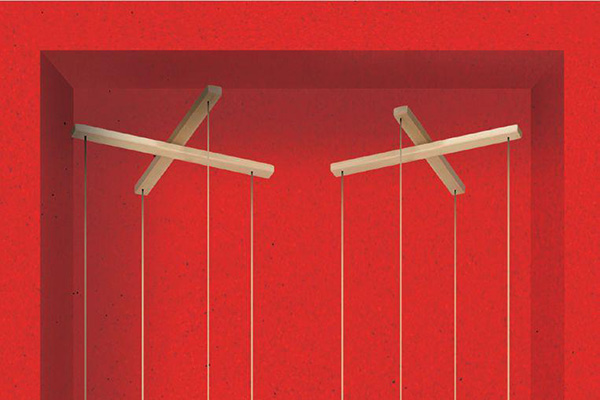Free Will
by Sam Harris
Not only is it an illusion, it is an impossibility. Either our decisions are pre-programmed by our genetic make-up and neurological patterns or they are entirely random. Neither option leaves room for agency. “Free will is an illusion,” says Harris. “Our wills are simply not of our own making. Thoughts and intentions emerge from background causes of which we are unaware and over which we exert no conscious control.” The ancient debate over free will has been brought into sharp belief by recent advances in the field of neuroscience and in our understanding of the brain’s functional processes.
The book opens with a graphic story in which a simple house robbery rapidly became a case of grievous bodily harm, kidnap, rape, arson and murder. Out of a family of four, only the father survived. It is natural to feel that the two perpetrators should be held morally responsible. Most people would want to see them severely punished. But what if it was discovered that one of the men had an undiagnosed brain tumour which caused him to act in a violent way? Would he still be responsible? What about the fact that one of them was repeatedly raped as a child? Or that the men did not know why they acted in the way that they did? One says he was “stunned by his behaviour.”
Harris vocalises an uncomfortable thought: if you were to swap places with one of these men, atom for atom, you would physically be him. You would experience his thought patterns, act the way that he acts, and make the same decisions he does. These men are simply unlucky to be who they are. Where is the free will?
What happens when your life goes off track? You used to be motivated, hardworking, fit, thoughtful, whatever. Why can it be so hard to achieve what you want one day, and so easy the next? Why are there so many obstacles inside our own minds? We have desires that we can’t bring ourselves to fulfil, and desires that are undesirable. You can say, “I just felt like it,” but why was this case? How did you make that decision?
This is sounds pretty depressing, but Harris claims that the absence of free will is liberating. While many worry that the illusion of free will is necessary to maintain morality and public order, Harris believes that acceptance can lead to greater empathy, modesty and understanding rather than nihilism and despair. We still need to act responsibly as our decisions influence the world around us, whether we choose them or not.






